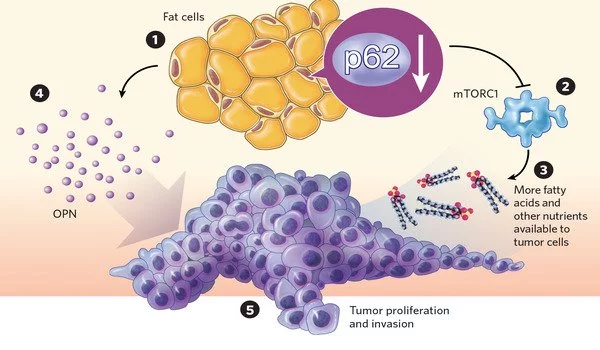Iron is required for cell growth and proliferation, and cancer cells frequently have an elevated demand for iron to support their fast division. Targeting iron metabolism in cancer cells has thus been a focus of recent research.
The University of Arizona Cancer Center developed a novel family of iron-targeting drugs that inhibit the multiplication of grown cancer cells in a laboratory setting. The study’s findings were published in the Journal of the American Chemical Society.
“Cancer cells are ‘addicted’ to iron, so we’re developing compounds that can interfere with the availability of iron in cancer cells,” said Elisa Tomat, PhD, professor in the Department of Chemistry and Biochemistry at the UA College of Science and a member of the UA Cancer Center.
The discovery could pave the way for the creation of broad-spectrum anticancer medicines that target iron metabolism. The team has been collaborating with Tech Launch Arizona, the university’s commercialization arm, with the goal of licensing the technology to a firm that will commercialize it. A patent application is now being processed.
Cancer cells are ‘addicted’ to iron, so we’re developing compounds that can interfere with the availability of iron in cancer cells.
Elisa Tomat
According to Tomat, iron is the most common transition metal in the human body and has an important role in tumor proliferation and metastasis. Cancer cells, which rely on multiple iron-dependent mechanisms to maintain their rapid proliferation rates, have a higher need for this element than normal cells.
The research team’s task, according to Tomat, was to capture iron within cancerous cells while maintaining it available to the rest of the body. To do so, they used chemicals that activate only after cellular uptake to target intracellular iron.
“As chemists, we can design and synthesize molecules that are able to bind iron only under certain conditions and not throughout the body,” Tomat said. “We’ve been working on various approaches toward this type of chemistry; we call these prochelator approaches because the chelator is the compound that binds the metal ion. The prochelator is the compound we designed to become activated only upon undergoing a certain reaction that occurs in cells.”

The research was inspired by a “common reagent,” a compound that is employed in laboratories worldwide to assess the ability of drug candidates to inhibit the proliferation of cultured mammalian cells.
“Because iron is such a fundamental player that is important in many cancer types, and this high demand for iron is a general characteristic of malignancy, I’ve been interested in this strategy for a number of years,” explained Tomat, who has been researching iron chelators and their role in tumor progression for more than ten years.
“We’re excited about this new strategy because we believe this class of molecules can be further modified to optimize their properties and improve their antiproliferative activity, allowing us to influence iron availability in malignant cells and halt cancer growth.”





